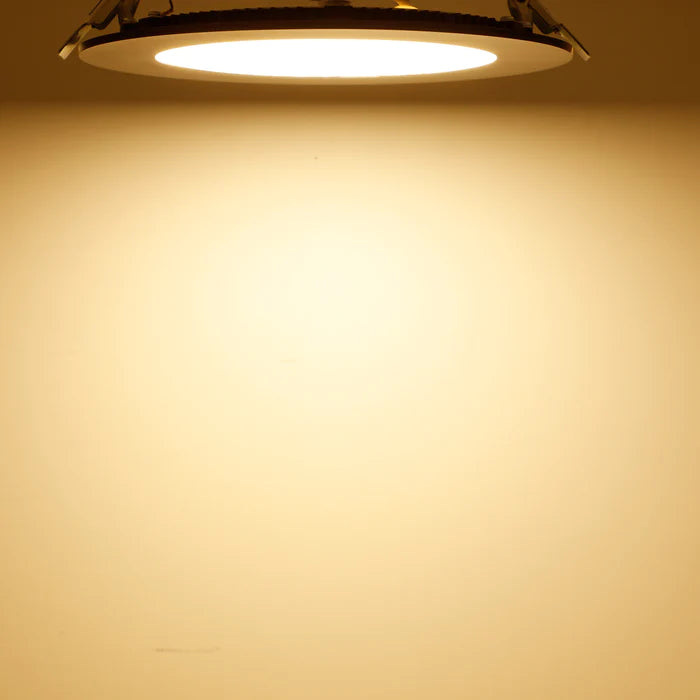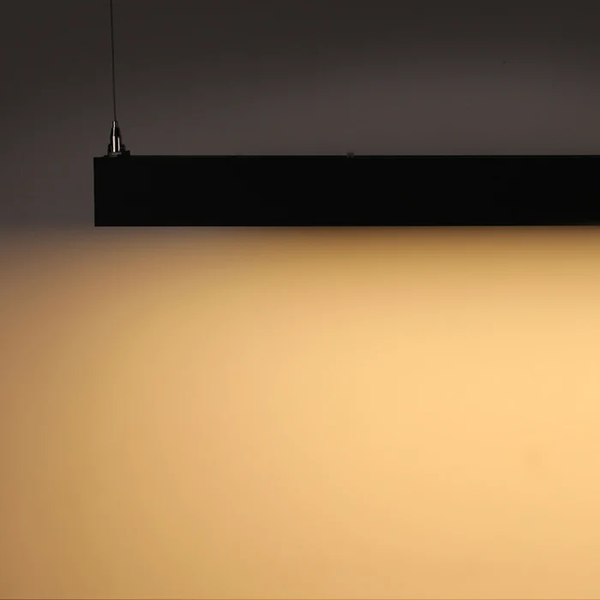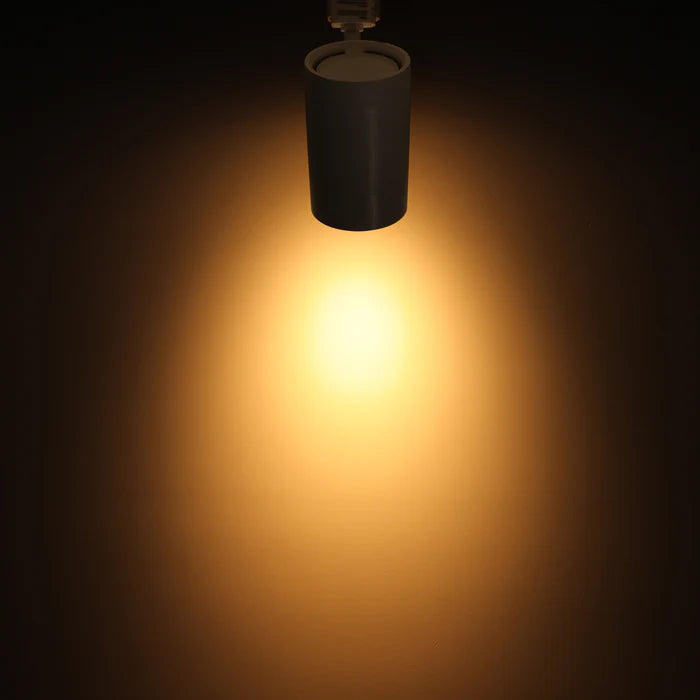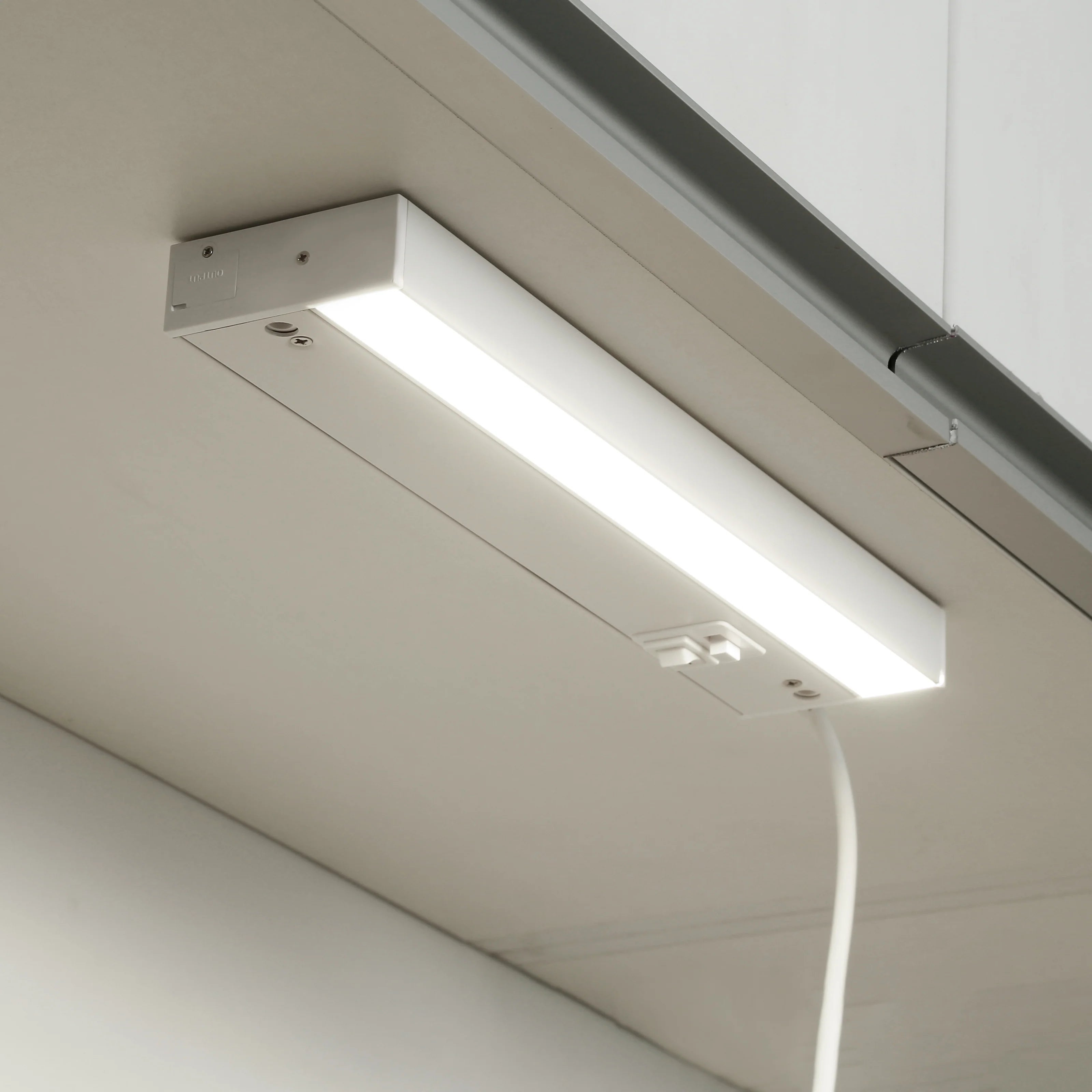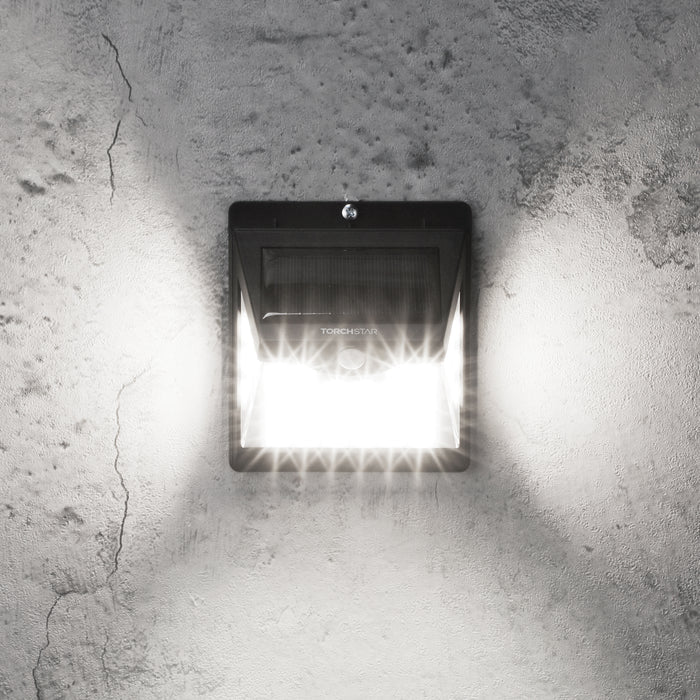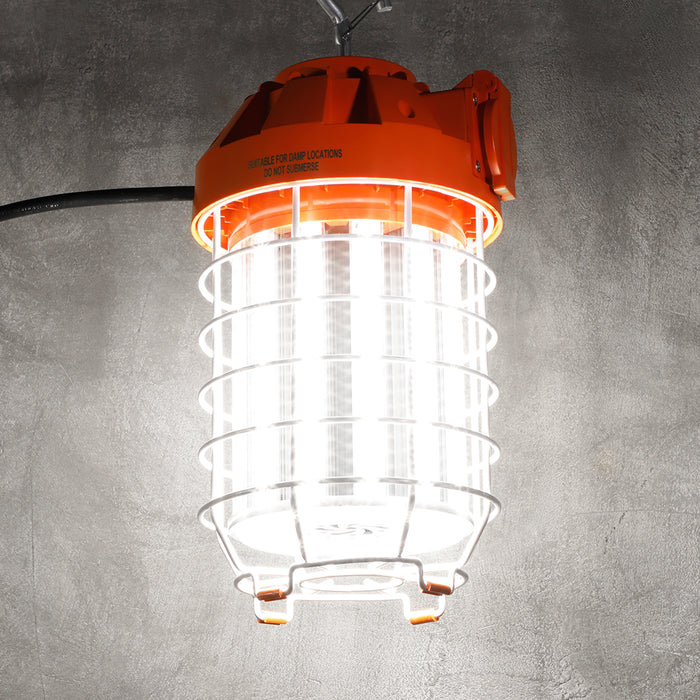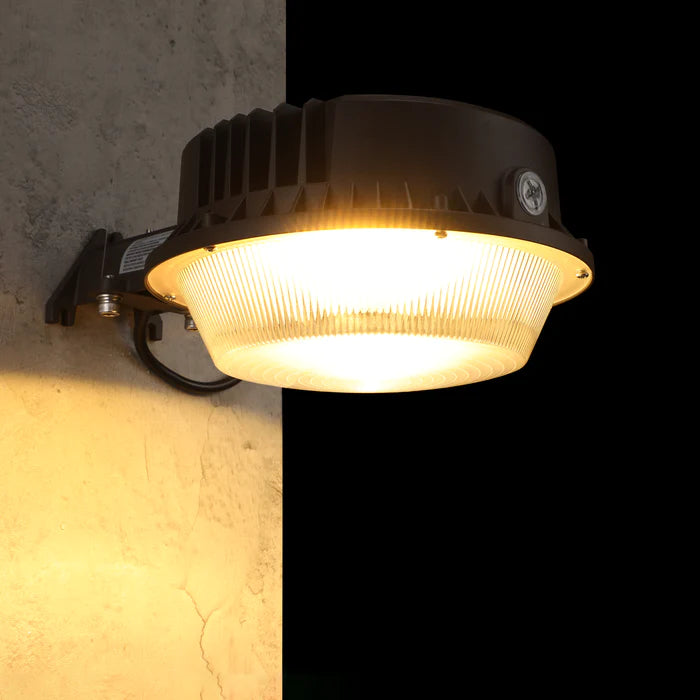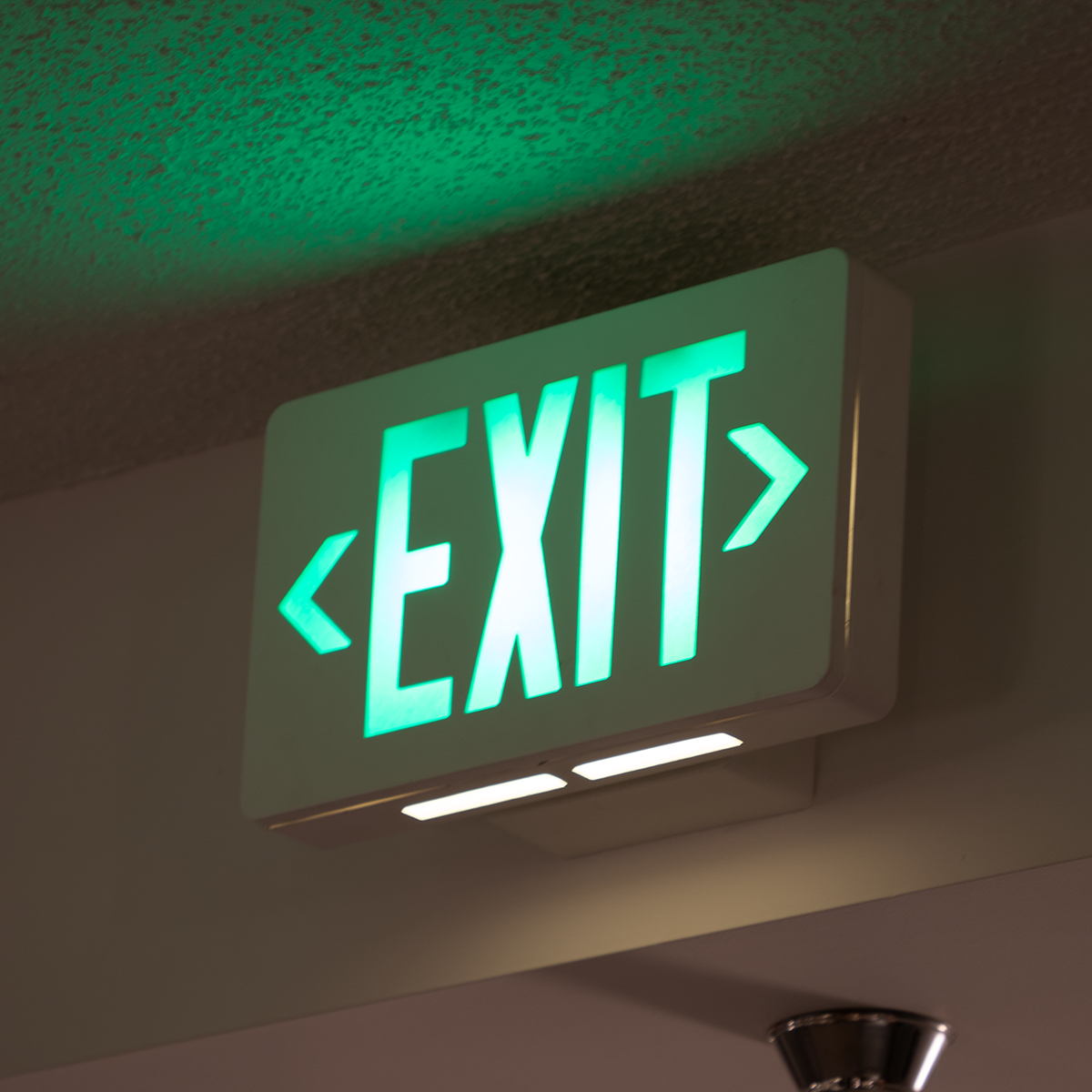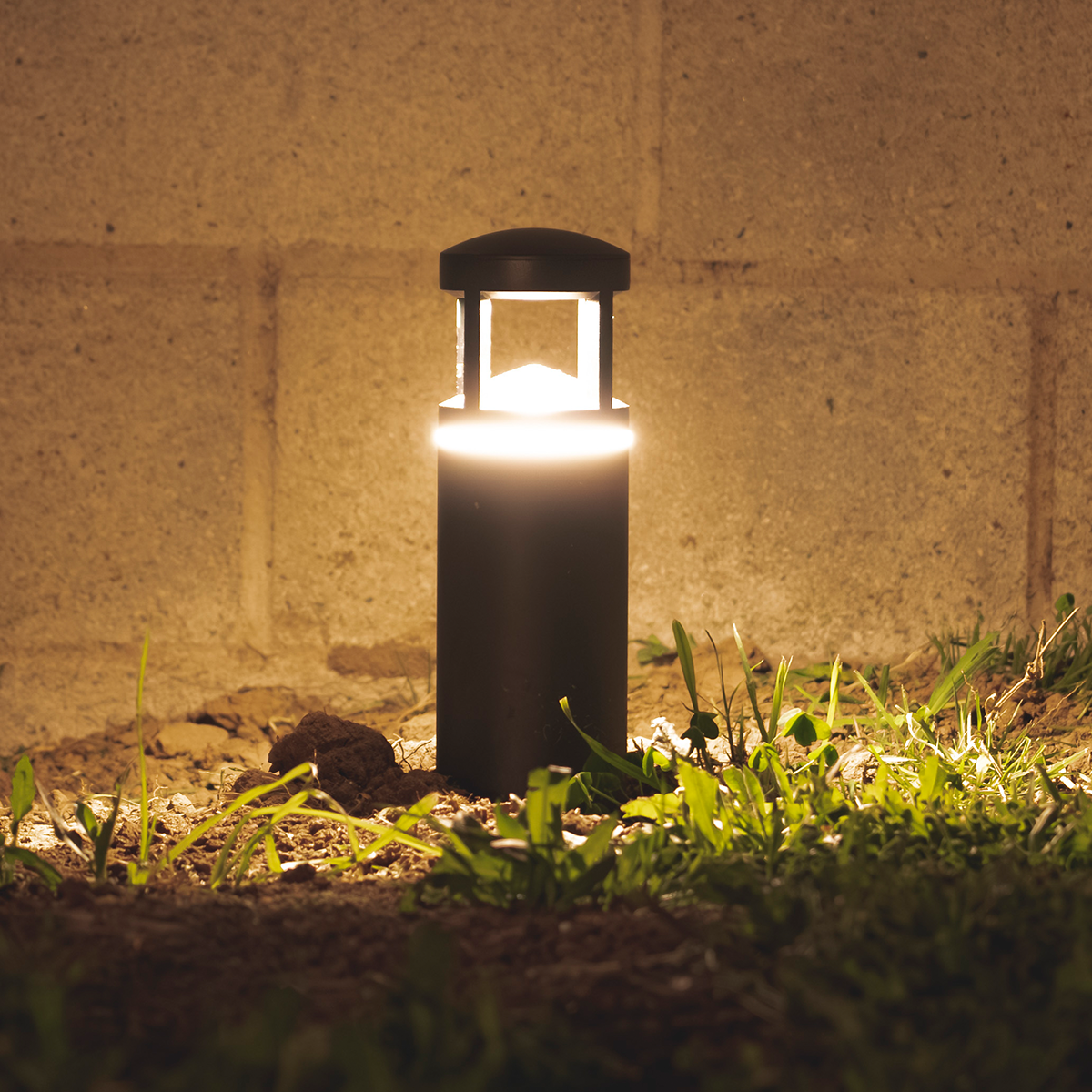Info Leonlite
30-08-2023
Are Solar Lights the Right Choice for Your Property? Top Advantages and Disadvantages Explained

Are Solar Lights the Right Choice for Your Property? Top Advantages and Disadvantages Explained
Solar outdoor lights have been a hot topic among homeowners and businesses, given the rising energy costs and the increasing awareness about environmental sustainability. For many, the switch to solar lighting appears to be a step in the right direction. However, as with any technology, there are both advantages and disadvantages to consider. If you've been pondering over the idea of transitioning to solar lights or supplementing your existing setup, this guide aims to provide you with a comprehensive overview. Here, we'll delve deep into the benefits and potential downsides of solar lights, equipping you with the knowledge to make an informed decision. Whether you're aiming to save on those monthly bills or take a greener step for the planet, understanding solar lighting in-depth is the key.
* Prices seem high? Could be multi-unit packs. Check your cart for details.
Table Of Contents
- The Unbeatable Perks of Choosing Solar Lighting
- Understanding the Limitations of Solar Lighting
- Conclusion
The Unbeatable Perks of Choosing Solar Lighting
Harnessing the sun's power, solar lights have cemented their place as a top contender in the lighting world. Let's delve into why they might just be the best option for your property.
- Green Energy and Cost Efficiency: If you’re familiar with the perks of solar lights, you’d know that they're champions of green energy and cost-saving. Whether you prioritize reducing your energy bills or shrinking your environmental impact, solar lights cater to both. To put the savings in perspective: based on data from the US Bureau of Labor Statistics, a Kilowatt Hour (kWh) roughly costs 15 cents. Using a 55-watt bulb for 10 hours nightly? That's about $30.25 in savings per year. Tally in the savings from multiple fixtures and fewer bulb replacements, and it's evident how cost-effective they are.
- Placement Freedom: Unlike traditional lighting that’s bound by the limitations of power sources, solar lights grant you the liberty to install them almost anywhere. Want to illuminate that central spot in your garden? Or how about casting a light at the end of your driveway? Even that shed rooftop can sport a solar light! The catch? Just avoid those shaded zones where sunlight struggles to seep in; after all, these lights bank on sunlight to charge up.

- Simplicity in Setup: Solar lights come with an innate advantage: there's no need to mess with your property's existing electrical system. These lights are essentially independent units powered solely by the sun. Without the fuss of tangled wires or the extra costs of electricians, setting them up is a breeze. Whether it's anchoring them onto a garden post, attaching them to your patio, or simply embedding them in your lawn, solar lights offer straightforward installation.
- Built to Last: When we talk about longevity, solar lights don’t disappoint. With LED bulbs that promise anywhere from 40,000 to 90,000 hours of usage and solar panels that can thrive for over 20 years, these lights are built to endure. The rugged, weatherproof casing coupled with their inherent longevity ensures they can withstand the elements. And the best part? Maintenance is minimal. A routine wipe-down to keep the solar panels dust-free is usually all they ask for.
- Automated Operation: Solar lights have an impeccable knack for convenience. As they soak up sunlight during the day, they're ready to light up your space when darkness descends. No need for manual operations, setting timers, or the nagging feeling of forgetting to switch them off; these lights have got you covered. Going on a vacation? Be assured that your home will consistently radiate a warm glow every night, thanks to these lights.
* Prices seem high? Could be multi-unit packs. Check your cart for details.
Understanding the Limitations of Solar Lighting
As we navigate the ever-evolving world of sustainable energy, solar lighting emerges as a front-runner in eco-friendly illumination options. However, like any product, it comes with its nuances. While solar lights promise long-term energy savings and adaptability, their performance can be influenced by geographical location and natural conditions. By understanding the blend of their strengths and subtle limitations, one can make an informed decision, potentially combining solar with traditional lighting systems. Dive into the details to discover how solar lighting can be optimized for various scenarios.
- Performance Influenced by Mother Nature: Solar lights, while efficient, do have their performance linked to weather patterns. Residing in sun-kissed regions? They'll serve you brilliantly. However, if your locale is more often overcast or rainy, the solar lights might not be at their absolute best. But here's the silver lining - even in less-than-ideal conditions, solar lights can still offer substantial lighting and savings. And for those occasional gloomy days? A blend of solar and traditional lighting could be the balanced solution you're seeking.
- Initial Investment: Solar lights differ from conventional lighting options like Recessed Lights and Track Lights. While the latter mainly involves the bulb, switch, and fixture, solar lighting integrates solar panels and batteries, enabling them to capture and store sun-derived energy. Yes, there's a slightly higher initial outlay, but this is a small hiccup when considering the broader picture. Over time, solar lights more than makeup for this with their energy savings and fewer bulb replacements. It's about weighing short-term costs against long-term benefits.

- Not Every Spot's a Winner: Previously, we touched on the great flexibility solar lights offer. However, they're not a one-size-fits-all solution. They thrive on direct sunlight, which becomes a challenge if you're dreaming of illuminating that cozy corner under the dense canopy of your backyard trees. For such shaded areas, solar lights might not be your best bet.
* Prices seem high? Could be multi-unit packs. Check your cart for details.
Conclusion
Solar outdoor lights are gaining traction for their potential in reducing energy bills and carbon footprints. These self-contained systems are hassle-free, eliminating the need for wiring or an electrician. Their main benefits include easy and economical installation, versatility in placement (except in areas with insufficient sunlight), utilization of clean and renewable energy, and cost savings in the long run. They're also convenient, turning on automatically at night and shutting off at sunrise, and are built to last with durable LEDs and solar panels that can endure for decades. However, their efficiency is weather-dependent, making them less ideal for consistently cloudy or rainy regions. They also demand direct sunlight for optimal performance and come with a higher initial price tag compared to traditional lights. Yet, considering the long-term savings on energy and bulb replacements, solar lights often present a valuable investment.
FREQUENTLY ASKED QUESTIONS (FAQS)
Author

INFO-Leonlite
Tags
outdoor lights
Solar lights
eco-friendly illumination


